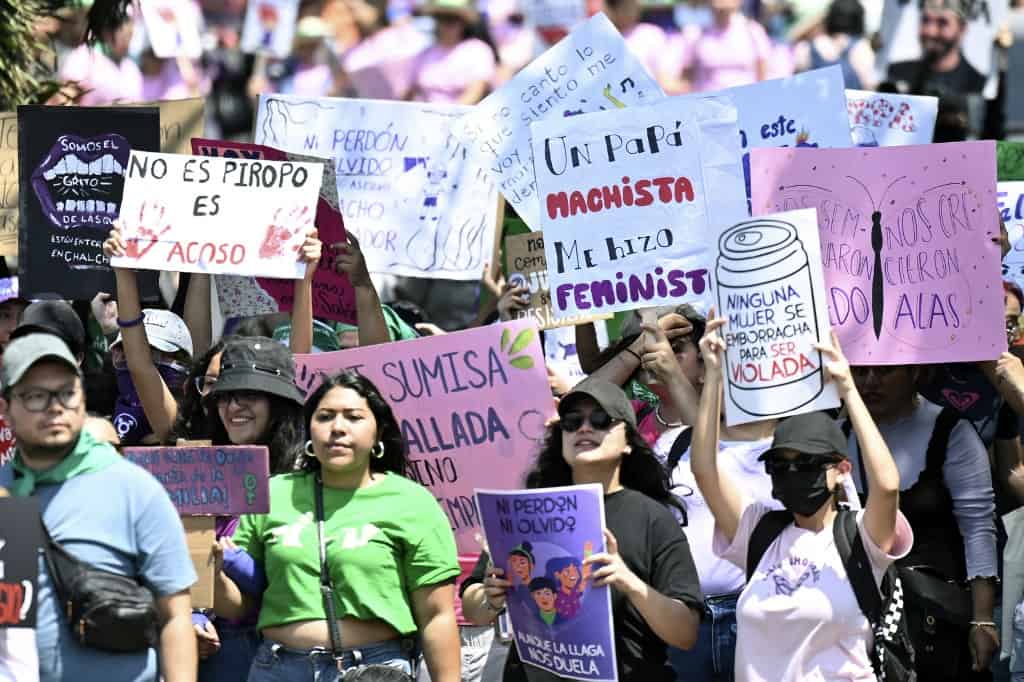Despite efforts to bridge gender gaps, Costa Rica still has a long way to go regarding women’s rights. As shown by the Third Report on Gender Disparities in Accessing and Utilizing the Financial System in Costa Rica for the year 2023, economic inequities between genders persist. The study underscored a worrying trend, as women’s economic autonomy has deteriorated between 2019 and 2022, despite their significant contributions to unpaid domestic work.
The study highlighted a rise in the percentage of women lacking independent income, increasing from 33.3% to 34.4%. Informality in employment exacerbates job insecurity, particularly for women, who constitute 38% of the informal workforce.
Montserrat Sagot, Director of the Center for Research and Women’s Studies, emphasizes that female-headed households often struggle due to the necessity for multiple incomes and shared caregiving responsibilities.
Sagot commented that these household models do not represent “progress for women but rather a pressing societal issue requiring attention.”
Meanwhile, in terms of labor, there are still major disparities, especially concerning the allocation of time between paid and unpaid work. Data from the Central Bank of Costa Rica and the National Survey of Time Use in Costa Rica from June 2023 reveal that women dedicate substantially more time to unpaid domestic chores compared to men, while also working fewer hours in paid employment.
Likewise, women face obstacles in accessing credit. Despite comprising 45% of active borrowers, women receive smaller loan amounts on average compared to men.
Katherine Víquez, Vice President of the Board of Directors of the Costa Rican Association of Economic Sciences, attributes this to systemic barriers such as limited access to the labor market, wage disparities, and caregiving responsibilities.
“These systematic conditions hinder women’s eligibility for credit or result in less favorable terms for loan approval,” she stated. The researcher pointed out that since the pandemic, there has been an estimated 30-year setback in the advancement of women’s rights. She affirms that this situation is not being adequately addressed.
“As women become unemployed or have very low-paying jobs or part-time jobs, their economic autonomy is significantly affected,” Sagot pointed out.






